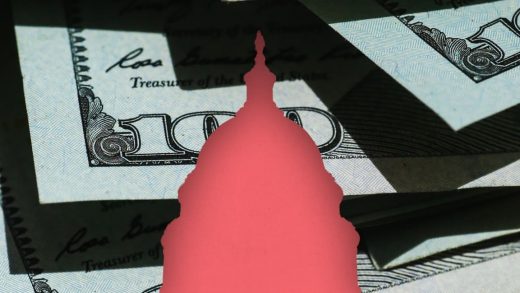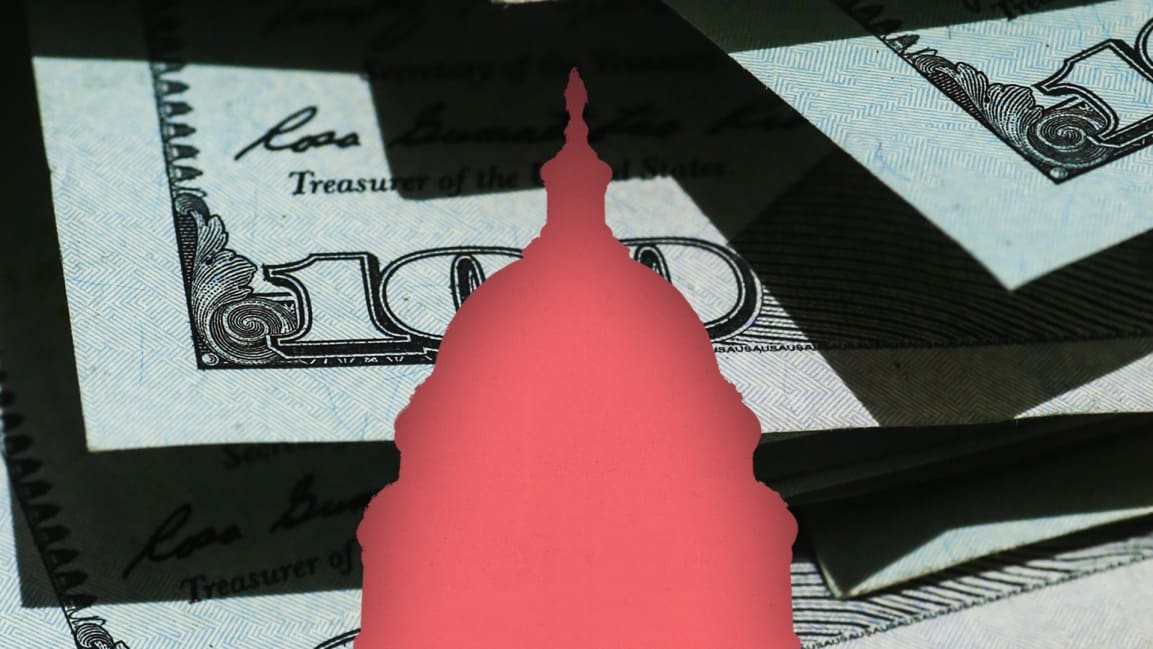Stimulus update: Something is finally happening—What the new plan means for second checks and unemployment
What’s in the new proposed bill for me?
As of now:
The proposal also includes a liability shield to protect businesses from lawsuits when people contract coronavirus at work. Negotiations may change these details.
Any stimulus checks?
Nope. Sorry.
Will it pass?
Well, let’s start with the end game: President Trump would need to sign it, and he has yet to weigh in. His visible efforts at governing have been minimal lately, and as of Wednesday, Treasury Secretary Steve Mnuchin said that the president would sign a much smaller proposal from Mitch McConnell, the Senate majority leader. However, the White House could conceivably get on board with the larger compromise bill.
What’s changed?
(December 05, 2020), Speaker of the House Nancy Pelosi and Senate Minority Leader Chuck Schumer together agreed to begin negotiations at a $900 billion, inviting McConnell back to the negotiating table and deserting their long-standing insistence of a much larger bill. (The HEROES Act that Democrats passed through the House in May was $3.4 trillion.)
This is notable because hundreds of top economists have previously supported large stimulus packages. Federal Reserve Chairman Jerome Powell this week reminded Congress that it has historically passed too little stimulus, not too much, and that state and local governments are some regions’ largest employers: “The risk of overdoing it is less than the risk of underdoing it.”
Pelosi is prioritizing immediacy, saying, “The need to act is immediate, and we believe that with good-faith negotiations, we could come to an agreement.”
Where’s Mitch McConnell on this?
After 18 hours of intensive speculation, he kinda-sorta got on board, saying “Compromise is within reach. We know where we agree. We can do this,” CNBC reports.
This is a 120-degree reversal from Tuesday, when he rejected the bipartisan bill out of hand, and also presented a much smaller proposal, to be appended to the government funding bill that must pass by December 11 for the government to keep its lights on.
That end game was ugly, potentially forcing Democrats to either agree to his tiny provisions, or shut down the government three weeks before the two January 5 Senate seat runoffs in Georgia. His buy in and compromise is critical, and his comments do not clarify whether he will actually support the bipartisan plan.
Why did Democrats change their tune?
As late as Monday, Pelosi and Schumer submitted a much bigger stimulus bill proposal to McConnell; meanwhile, a bipartisan group of congresspeople, led by Republican Senator Susan Collins of Maine and Democratic Senator Joe Manchin of West Virginia, presented their plan on Tuesday, with the heavy backing of the Problem Solvers Caucus, a 50-person bipartisan House group that tries to find common ground. Pelosi and Schumer’s lack of public involvement in the bipartisan proposal allowed them to save face and walk away from their longstanding insistence on a huge bill; of course, they were well aware of the proposal being drafted and discussed by dozens of congresspeople.
What’s next?
All eyes are on the White House and congressional negotiations, which will stretch over the weekend. If Trump gets on board, financial relief is coming.
(42)



